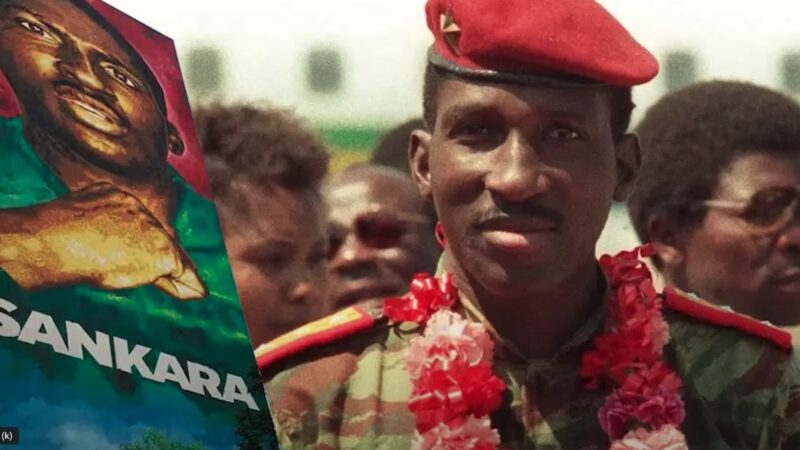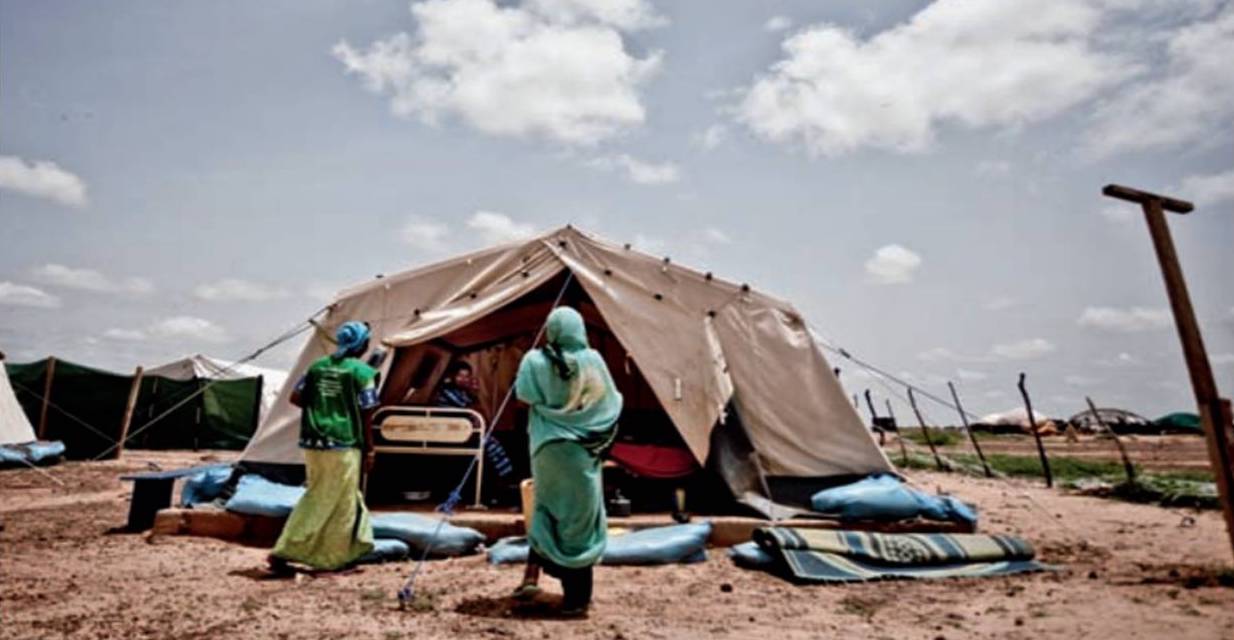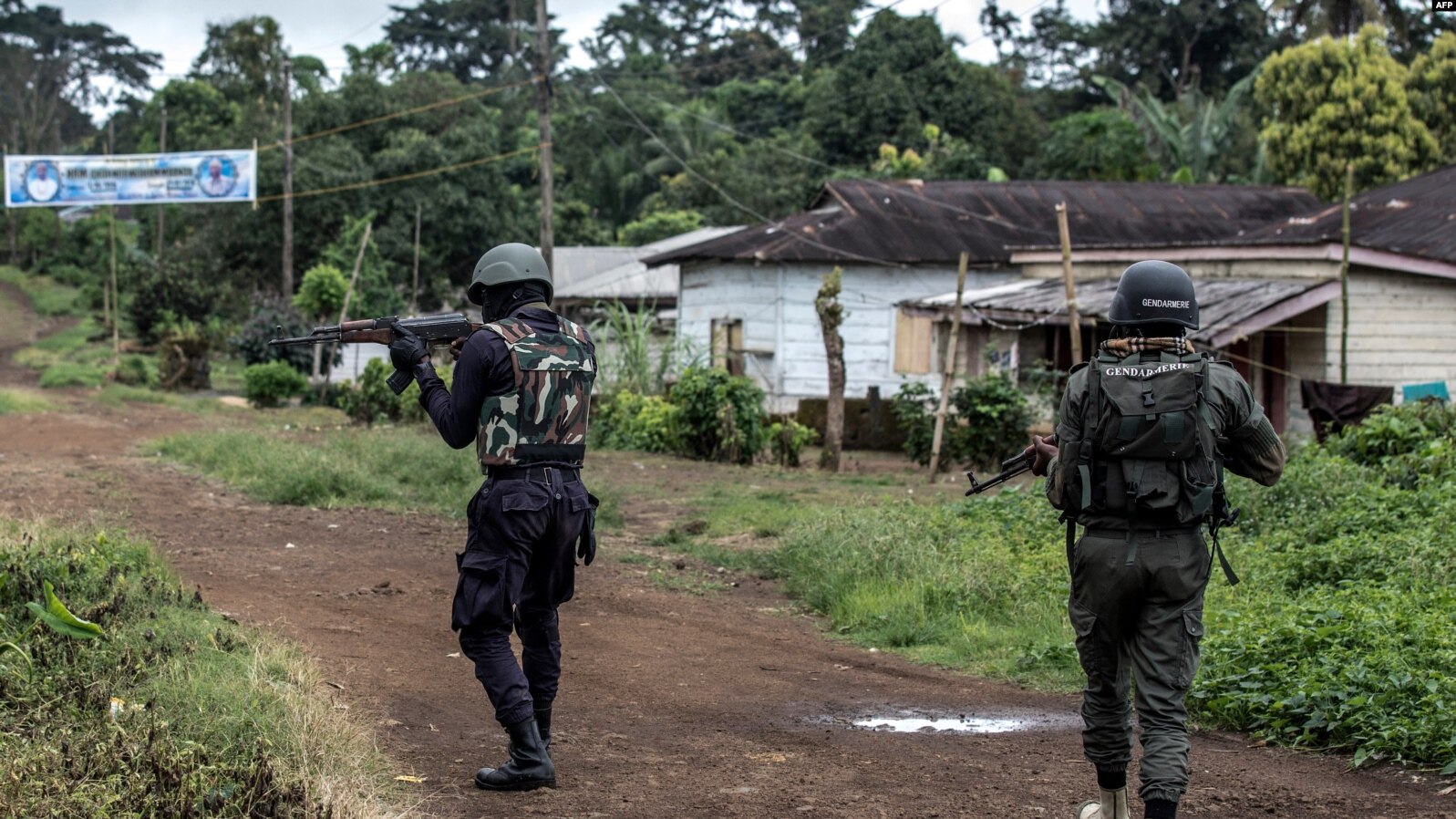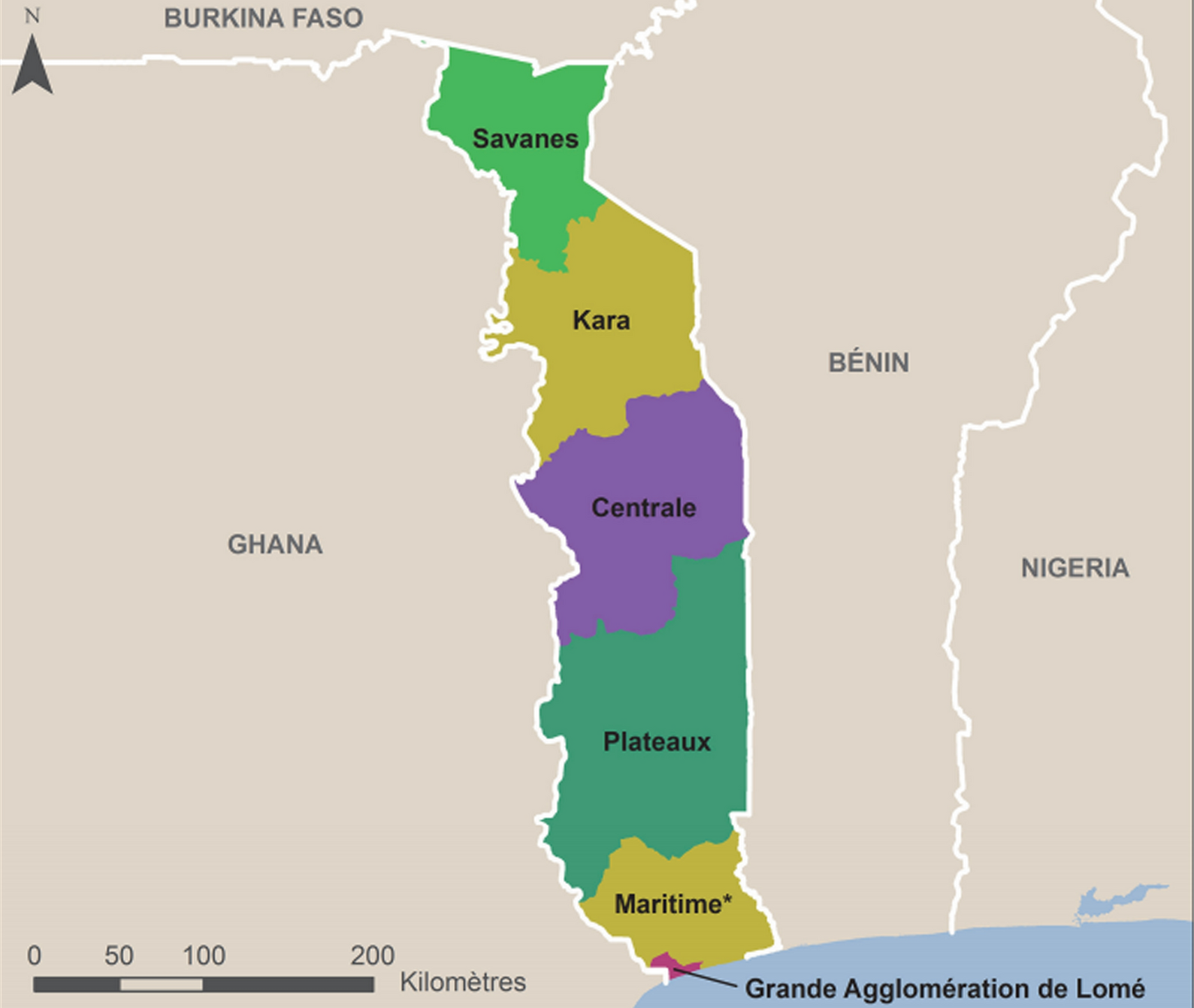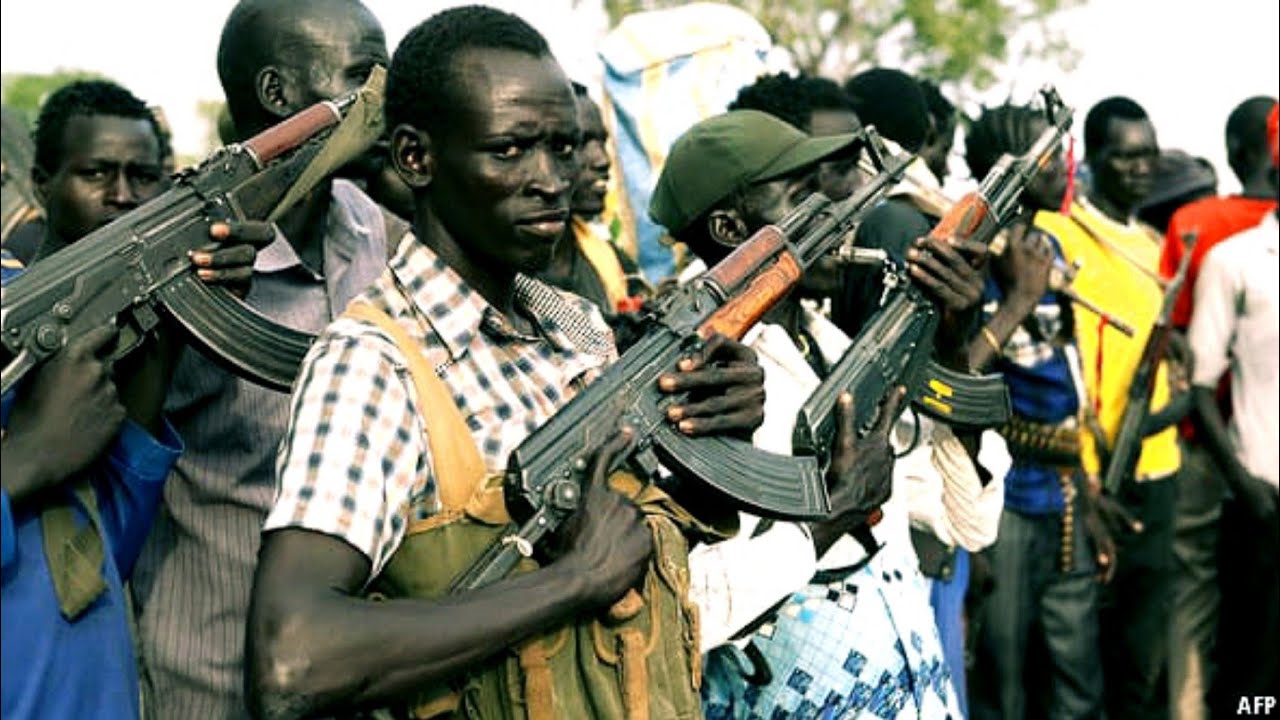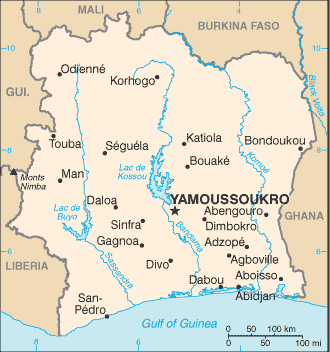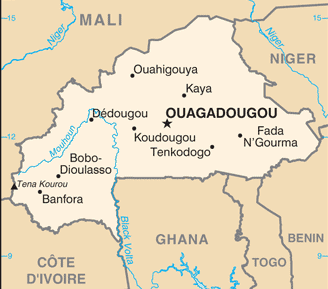
Burkina Faso: junta pursues ‘total war’
Burkina Faso’s emergency aid and security challenges are deepening as the junta-led regime pursues an aggressive military campaign against jihadist insurgents, who have now extended their control to some 40% of the national territory. The country has faced armed insurgency since 2015, but fatalities and relief needs have hit record highs since army Captain Ibrahim Traoré seized power from a different junta last year, and launched a “total war” against the jihadists. Over two million people have been displaced, and 4.7 million require assistance, an increase of more than 1 million over last year. (Map: Perry-Castañeda Library)



